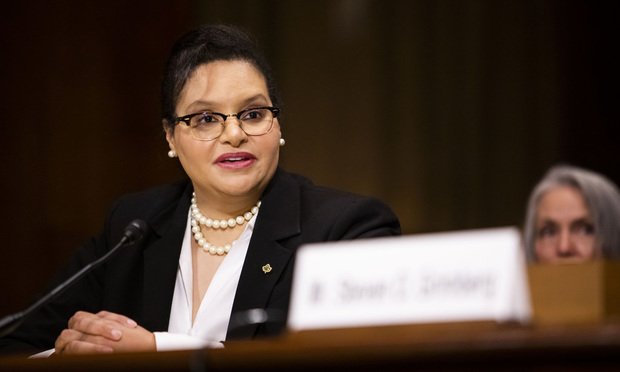The petitioner in a TCPA dispute argued that it was controlled by a previous panel opinion called Hartley, and the Fifth Court agreed. It summarized the applicable rules, very similar to the Fifth Circuit’s “rule of orderliness” –
The real parties in interest argue that Hartley is distinguishable because they present arguments and authorities that were not discussed in this Court’s opinion in Hartley. However, those arguments do not distinguish Hartley. If we agreed with those arguments, we would have to conclude Hartley was wrongly decided and must be overruled. We follow our own precedent. Dyer v. Medoc Health Servs., LLC, 573 S.W.3d 418, 427 (Tex. App.—Dallas 2019, pet. denied). “We may not overrule a prior panel decision of this Court absent an intervening change in the law by the legislature, a higher court, or this Court sitting en banc.” MobileVision Imaging Servs., L.L.C. v. LifeCare Hosps. of N. Tex., L.P., 260 S.W.3d 561, 566 (Tex. App.—Dallas 2008, no pet.). Accordingly, we adhere to our decision in Hartley.
No. 05-19-01016-CV (Sept. 23, 2019) (mem. op.).














